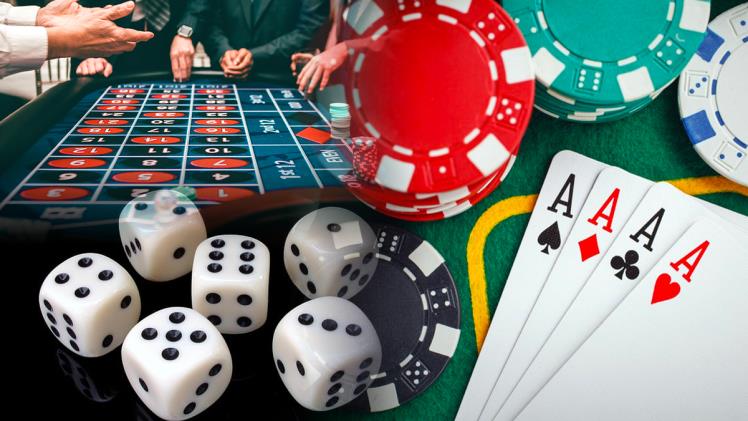Introduction
Behind the glitz and glamour of casinos lies a complex world of psychology, where human behavior and decision-making intersect with the thrill of chance and the pursuit of reward. Casino psychology is a captivating field that delves into the intricate factors that influence how players engage with casino games, make bets, and experience the highs and lows of gambling. In this article, we’ll explore the psychological nuances that shape Slot gambling behavior and decision-making within the casino environment.
The Element of Uncertainty: Thrill of the Unknown
At the core of casino psychology is the concept of uncertainty. The anticipation of an uncertain outcome—whether it’s the spin of a roulette wheel, the roll of dice, or the alignment of symbols on a slot machine—creates a heightened sense of excitement and arousal. This thrill of the unknown triggers the release of neurotransmitters like dopamine, which are associated with feelings of pleasure and reward.
Illusion of Control: Strategies and Rituals
Humans have a natural tendency to seek control, even in situations that are inherently chance-based. This phenomenon is known as the illusion of control. In casinos, players may develop strategies, rituals, or superstitious behaviors that they believe can influence the outcome of a game. For example, some players may tap the table before a card is dealt, believing it will affect the result. These behaviors provide a sense of control over an uncontrollable situation, contributing to the overall gambling experience.
Cognitive Biases: Misjudging Probabilities
Cognitive biases play a significant role in gambling behavior. One common bias is the gambler’s fallacy, which is the belief that past events influence future outcomes in games of chance. For instance, if a roulette wheel lands on red multiple times in a row, a gambler might believe that black is now “due” to come up. This fallacy can lead to erroneous decision-making and overestimation of one’s ability to predict outcomes.
Near Misses: The Allure of Almost Winning
Near misses are outcomes that are just short of a win, such as getting two out of three matching symbols on a slot machine. These near misses trigger a sense of disappointment but also a feeling of almost winning, which can be more reinforcing than a complete loss. The brain interprets near misses as cues to keep playing, leading players to believe that a win is within reach.
Loss Aversion: Chasing Losses
Loss aversion is a psychological bias where people feel the pain of losses more intensely than the pleasure of equivalent gains. In casinos, this can lead players to chase their losses in an attempt to recoup what they’ve lost. The fear of losing can outweigh rational decision-making, causing players to make impulsive bets and wagers.
Social Interaction: Influence of Others
Casinos are often social environments, and the presence of others can impact gambling behavior. Social norms and the actions of other players can influence a person’s decisions. For example, if a player sees someone else winning at a specific slot machine, they may be more inclined to play that machine. Similarly, the presence of others can create a sense of competition and the desire to keep up with peers.
Operant Conditioning: Reinforcement and Rewards
Casino games are designed with principles of operant conditioning in mind. This psychological concept involves associating behaviors with rewards or punishments to influence future behavior. In casinos, wins and near misses serve as positive reinforcement, encouraging players to continue gambling. The intermittent nature of rewards, such as occasional wins on a slot machine, creates a strong motivational pull.
Conclusion
Casino psychology is a complex tapestry woven from various psychological factors, cognitive biases, and emotional responses. Understanding these elements sheds light on why players make certain decisions, why the thrill of gambling is so compelling, and why some individuals may be more vulnerable to developing gambling-related problems. As casinos continue to innovate and create environments that captivate and engage players, the intricate interplay between psychology and gambling behavior remains a central and fascinating aspect of the casino experience.

